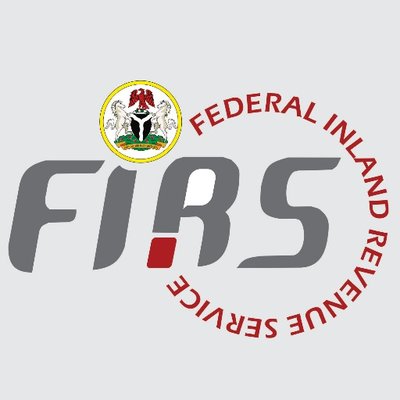FG seeks to end taxation of poverty with tax reform bill – FIRS
The Federal Inland Revenue Service (FIRS) has stated that the proposed tax reform bill was introduced to standardise Nigeria’s tax collection and end the taxing of poor Nigerians. Speaking during a stakeholder’s engagement to strategise on cascading the merit of the bills to those at the grassroots, the head, Fiscal and Tax reform Implementation at […]

firs
The Federal Inland Revenue Service (FIRS) has stated that the proposed tax reform bill was introduced to standardise Nigeria’s tax collection and end the taxing of poor Nigerians.
Speaking during a stakeholder’s engagement to strategise on cascading the merit of the bills to those at the grassroots, the head, Fiscal and Tax reform Implementation at FIRS, Olufemi Olayande, said the bill would increase revenue to state governments and not reduce it as erroneously claimed.
The tax seeks to ensure economic stimulation and as the president has continued to say we are not going to be taxing poverty, but we want to tax prosperity. We want to end tax for those earning N800,000 and below, and that is where the state, has complained that it will reduce revenue.
“But what we are saying is that once these people are being allowed to grow, definitely a lot of people come into the tax net and it expands. Also, companies that will come into the tax nets, even those that have not complied on their own, will comply because of these reforms.”
He added that the reform would digitise tax administration and thus with digital technology, more Nigerians would be captured.
“This income collected even at the center is what is shared across the three levels of government. So, the states have no fear because their revenue is definitely going to improve geometrically.
Speaking, the Chief of Staff to the Chairman of FIRS, Tayo Koleosho, said Nigeria is currently in a precarious situation where more revenue is needed, adding that taxation helps citizens to have a sense of right to question how their money is being spent.
“So, I think it’s a kind of participatory model when we pay our taxes. So, it’s very important for all Nigerians to understand this law, how it impacts them, and what are the positive areas of this law to our country’s development. And as such, we are going to meet Nigerians with every channel. And I think today signals another area where we are looking at all our communities across the country, from south to north, east and everywhere, for all of us to understand this bill and see the positive, extreme side of it to develop our country.”
